
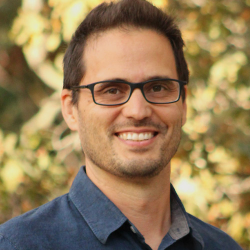
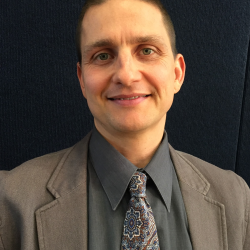
Dr. Bohanec specializes in the Jain, Hindu, and Buddhist traditions, with particular focus on comparative dharma studies, contemplative studies, philosophy of religion, and theo-ethics—including virtue ethics, environmental ethics, and animal ethics. A trained philologist, he is an expert in Sanskrit, Pāḷi, and Gujarati grammar, with advanced training in classical Indian literature and linguistic analysis. His scholarship includes over thirty academic publications across these disciplines. He holds a PhD in Historical and Cultural Studies of Religion with an emphasis in Hindu Studies from the GTU, where his research concentrated on ancient Indian languages, textual traditions, and philosophical systems. He also has an MA in Buddhist Studies from the Institute of Buddhist Studies at GTU, where he focused on translating Pāḷi Buddhist scriptures in conversation with the Sanskrit Upaniṣads and their philological contexts.
Metaethics (Lexington Books, 2024), an interdisciplinary study that brings together Hindu theology, ecotheology, ecofeminism, and feminist care ethics within a framework of bhakti-centered virtue ethics and psychology of emotion. He has served as editor for several books in Jain studies, including An Introduction to Jain Philosophy Based on the Writings and Discourses of Ācārya Sushil Kumar by Parveen Jain (DK Printworld, 2019), Contemplative Studies and Jainism (Routledge, 2024), Engaged Jainism: Critical and Constructive Studies of Jain Social Engagement (SUNY Press, 2026, co-edited with Dr. Christopher Jain Miller), and Mantra Jñāna: A Passage Through the Sūkṣma Śarīra Based on the Writings and Discourses of Ācārya Sushil Kumar (by Parveen Jain, DK Printworld, 2026). His current projects continue to explore the Jain and Vaiṣṇava traditions through close textual study, philosophical inquiry, and translation of Jain Sanskrit, Prakrit, and Gujarati texts. He is actively publishing and lecturing on topics spanning religious studies, South Asian philology, ethics, and contemplative practice in both ancient and modern contexts.

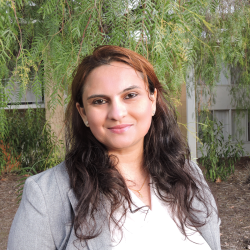
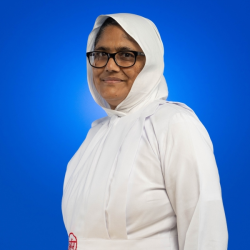

Dr. Jeffery D. Long is the Carl W. Zeigler Professor of Religion, Philosophy, and Asian Studies at Elizabethtown College, in Elizabethtown, Pennsylvania, where he has taught since receiving his PhD from the University of Chicago Divinity School in the year 2000. He is the author, editor, or co-editor of twelve books, including Hinduism in America: A Convergence of Worlds, which won the Rajinder and Jyoti Gandhi Award for Excellence in Theology, Philosophy, and Critical Reflection from the Dharma Academy of North America in 2022. His latest book is Discovering Indian Philosophy: An Introduction to Hindu, Jain, and Buddhist Thought. His work focuses primarily on the religions and philosophies of India, mainly the Hindu, Jain, and Buddhist traditions, and on such themes as nonviolence, pluralism and its metaphysical foundations, the pedagogy of teaching Indic traditions in a Western context, religion and popular culture, and the concept of rebirth. In 2021, he received an award from the International Ahimsa Foundation for his efforts to promote nonviolence through scholarship. In the same year, he received the Ranck Award for Research Excellence from Elizabethtown College. He has spoken three times at the United Nations and appears in documentaries for PBS and the History Channel.
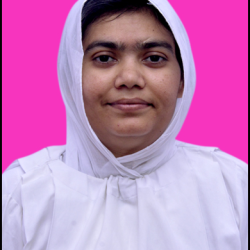
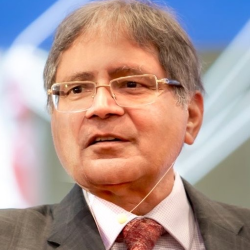
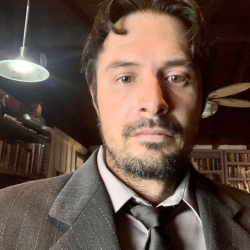

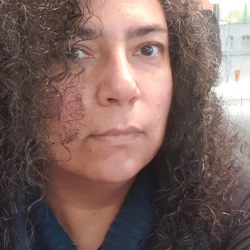
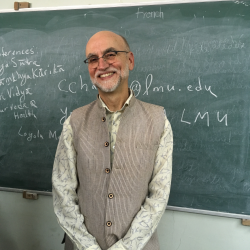
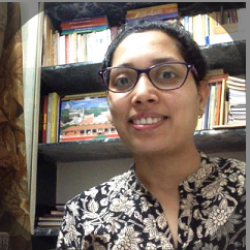
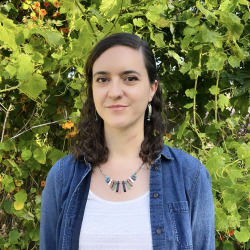

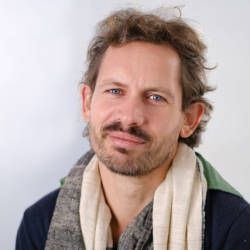
Tillo Detige’s primary research project investigates the Digambara Jaina ascetic lineages of early modern Western and Central India. He works with unpublished manuscript and epigraphic materials collected during extensive field work, surveying ascetics’ memorials and visiting Digambara temples and manuscript collections throughout the region. His work has been published in a number of journal articles and chapters in edited volumes, including Brill’s Encyclopedia of Jainism (2020). Tillo obtained his PhD (2024) from the Center for Religious Studies (CERES) at Ruhr-Universität Bochum (Germany), where he also taught Sanskrit and Hindi. Prior to this, he also worked and lectured at the Department of Languages & Cultures at Ghent University (Belgium, 2012 to 2018) and taught South Asian Buddhism at the Carleton- Antioch Buddhist Studies in India program at Bodhgaya (India, fall 2018). He currently holds the Alka Siddhartha Dalal Endowed Postdoctoral Fellowship in Jainism at the Department of Religion at Rutgers University, New Brunswick, where he also teaches an introductory course on Jainism.

